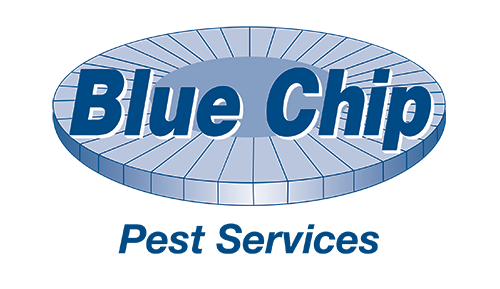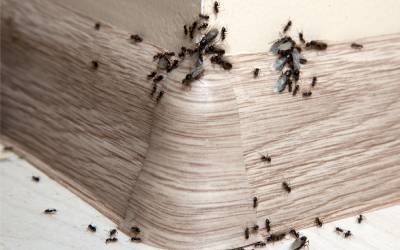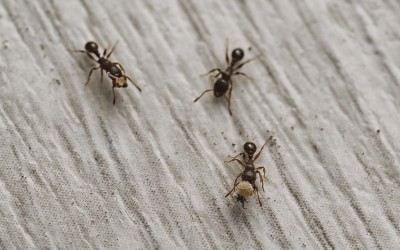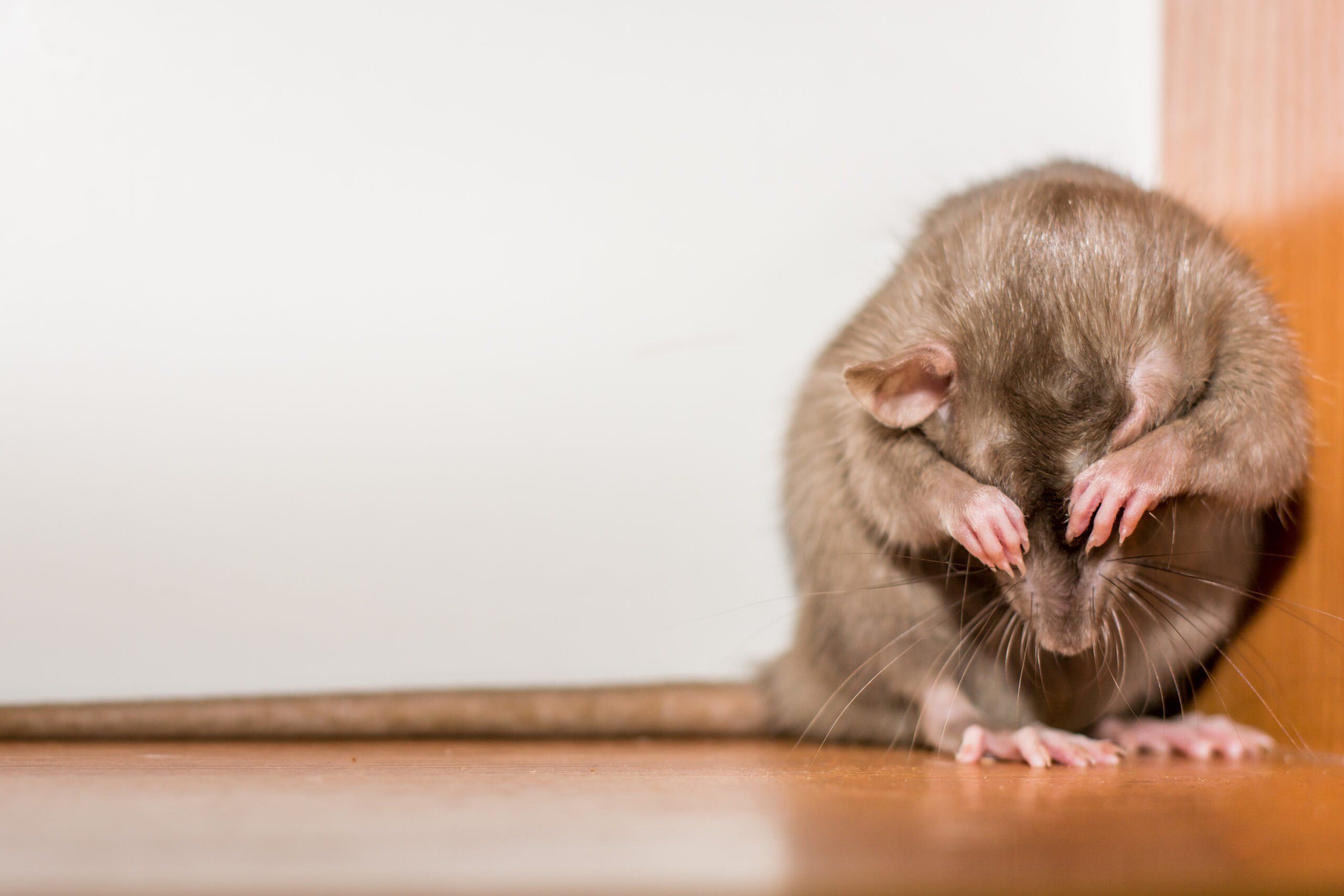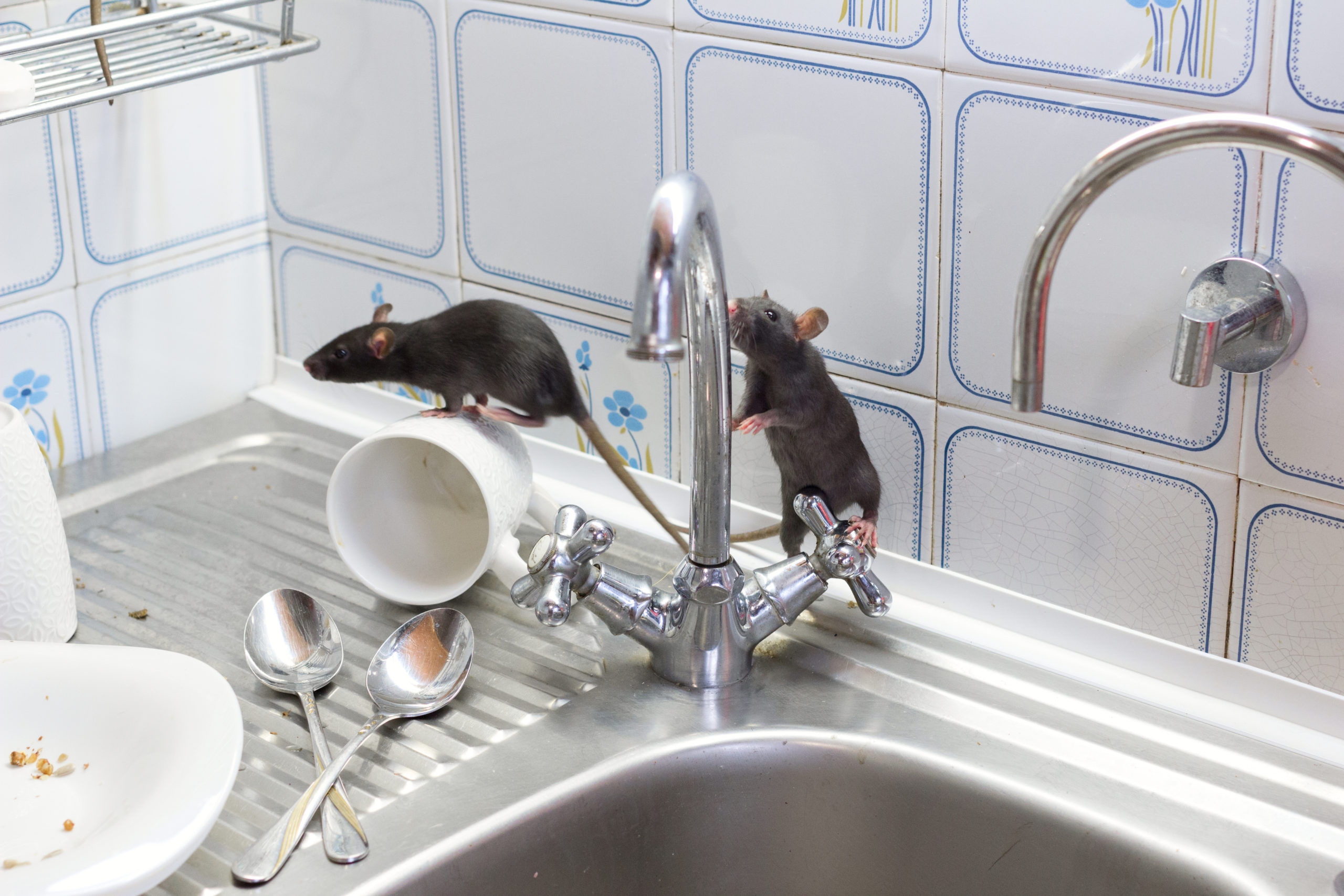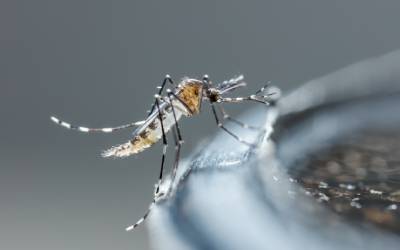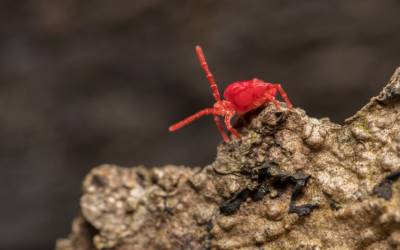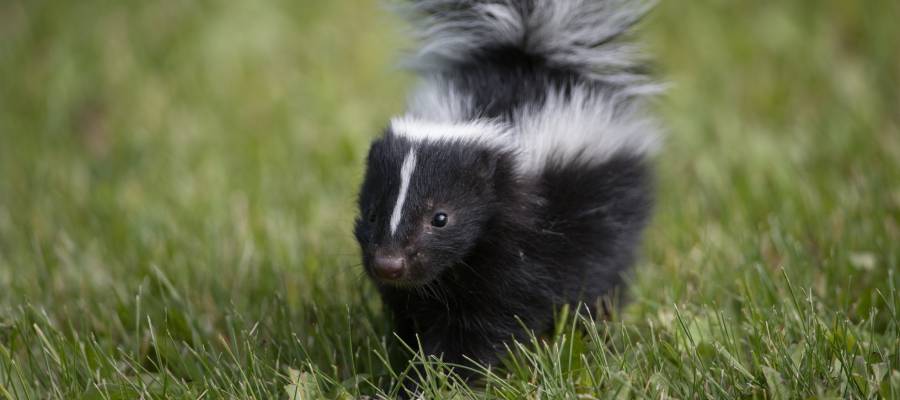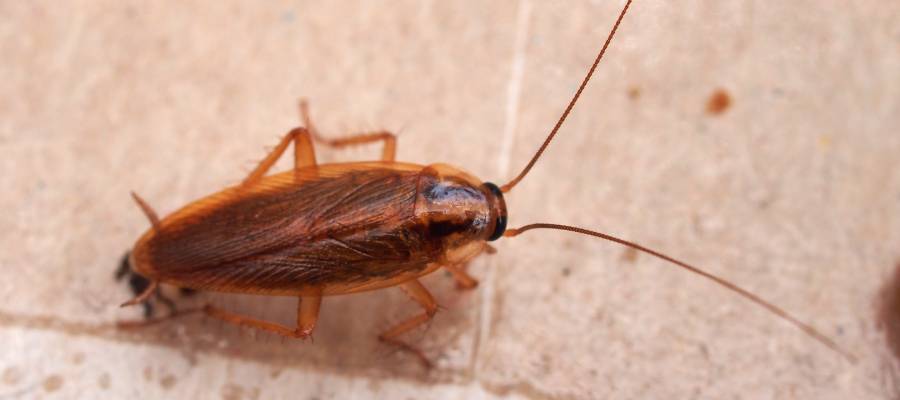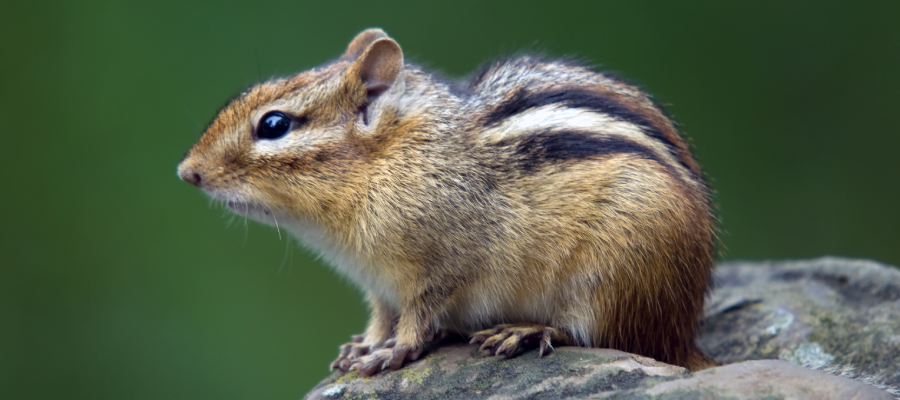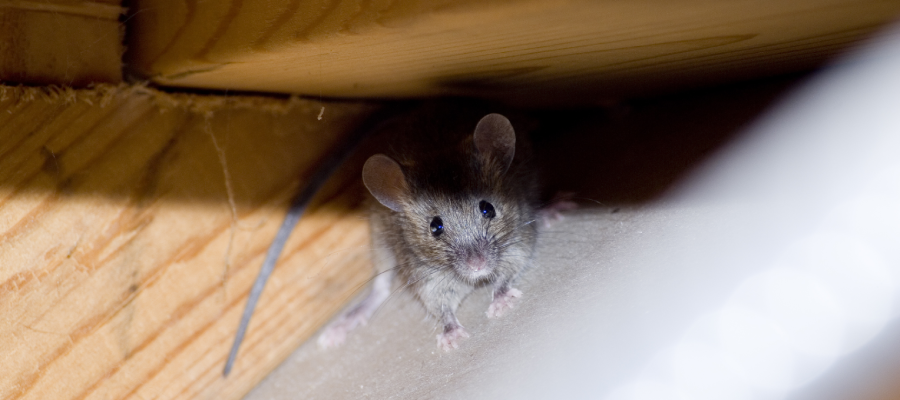If you’ve been looking into pest control techniques in and around St. Louis, you may have heard of TAP Pest Control Insulation. It’s a specialized service offered by only a select group of exterminators across the country, but hearing that may come with some confusion. What is TAP insulation? Why would a pest control company install insulation? Whatever questions you may have about the product or the process, we can answer them!
What is TAP® Insulation?
TAP, or T·A·P as it’s sometimes spelled, stands for Thermal, Acoustical, Pest Control Insulation. Unlike sheets of fiberglass batting or globs of foam insulation, TAP is made up of loose cellulose that is blown into your attic or the voids in your walls. It settles, and once it does it can kill a variety of pests while also functioning as an excellent insulation.
How Does TAP Insulation Work?
Unlike other forms of insulation, TAP is specially treated with a borate solution that, to humans, is about as toxic as table salt. But as insects come into contact with it, the material sticks to their bodies and is then ingested when they groom themselves. Since they are unable to pass the substance, it gathers in their guts and eventually causes them to die of dehydration or malnutrition.
What Pests Does It Control?
You can see the complete list of pests that TAP insulation is effective against on the product’s EPA label. TAP is effective on smaller insects like ants and termites, as well as bigger pests like beetles, roaches, and slugs. TAP is not effective on rodents like rats, mice or squirrels.
How Eco-Friendly Is TAP Insulation?
Very! Cellulose is already viewed as one of the greenest building products in the world, and the cellulose we work with is over 80% recycled materials. If that wasn’t enough, TAP is registered with the Environmental Protection Agency, which has devoted entire studies to knowing exactly how this product can control bugs and protect your home in a way that is sustainable as well as effective.
How Long Does TAP Last?
Since insects cannot build up a tolerance to the borate inside the cellulose, TAP insulation has the benefit of maintaining its pest-killing properties for decades at a time. Unless the material is damaged by moisture or rodents, it can insulate and kill pests for decades, without ever needing to be replaced!
What About my Existing Insulation?
If your existing insulation is damaged by rodents or excess moisture, you may want to consider getting it removed before installing a new material. If that isn’t the case, since TAP is loose fill, it can be easily blown in over any existing insulation.
But Is TAP Insulation Good Insulation?
That’s ultimately what it comes down to; isn’t it? It’s nice in theory to have insulation that can combat pests, but that won’t hold up if that same material can’t regulate temperature or block out sound. Luckily, TAP insulation does more than kill a majority of pests that come into contact with it. Since cellulose is thicker than other forms of traditional insulation, it slows the flow of air through it. That means that it keeps your home warmer in the winter and cooler in the summer. Your HVAC equipment will be able to run less often and use less energy, ultimately saving money on your annual heating and cooling bills. If that wasn’t enough, TAP is also highly effective acoustic insulation – reducing the outside noise that enters your home.
TAP Insulation is an extra layer of protection for any home in St. Louis. And Blue Chip Pest Services can help install TAP in your home today to keep it more comfortable and pest-free. Want to know more? Visit our TAP Insulation page!
